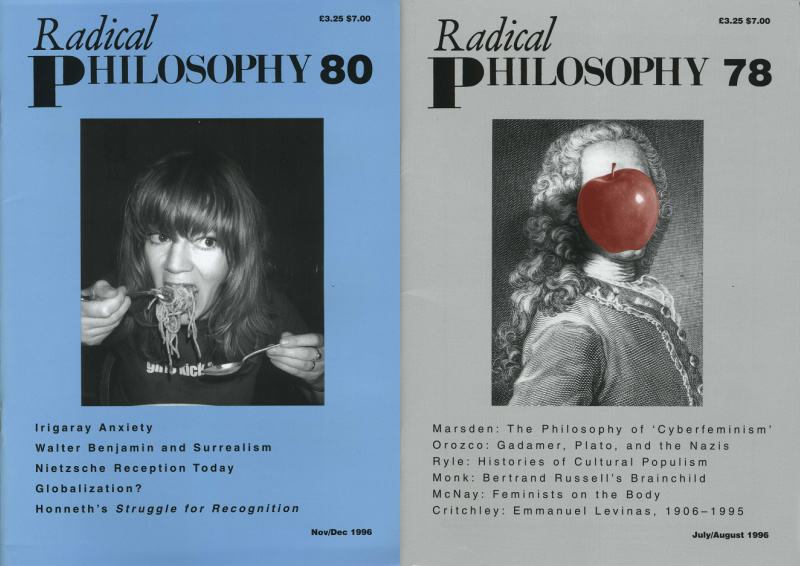Here in the 21st century, now that we’ve determined the ideal form of human society and implemented it stably all across the world — and of course, you’re already laughing. Well over 5,000 years into the history of civilization, we somehow find ourselves less sure of the answers to some of the most basic questions about how to organize ourselves. It couldn’t hurt, then, to take six or so minutes to reflect on some of history’s most enduring ideas about how we should live together, the subject of this quartet of animated videos from BBC Radio 4 and The Open University’s History of Ideas series.
The first two segments illustrate the ideas of two ancient thinkers whose names still come up often today: Confucius from China and Plato from Greece. “The heart of Confucian philosophy is that you understand your place in the universe,” says narrator Aidan Turner, best known as Kíli the dwarf in The Hobbit films.
“Ideally, it is within the family that individuals learn how to live well and become good members of the wider community.” A series of respect-intensive, obligation-driven, family-like hierarchical relationships structure everything in the Confucian conception of society, quite unlike the one proposed by Plato and explained just above. The author of the Republic, who like Confucius didn’t endorse democracy as we think of it today, thought that voters “don’t realize that ruling is a skill, just like navigation.
Plato envisioned at the helm of the ship of state “specially trained philosophers: philosopher-kings or philosopher-queens chosen because they were incorruptible and had a deeper knowledge of reality than other people, an idea that only a philosopher could have come up with.” But what would a different kind of philosopher — an Enlightenment philosopher such as John Locke, for instance — come up with? Locke, who lived in 17th-century England, proposed a concept called toleration, especially in the religious sense: “He pointed out that those who forced others to recant their beliefs by threatening them with red pokers and thumbscrews could hardly be said to be acting out of Christian charity.” And even if the majority succeeds in forcing a member of the minority to change their beliefs, how would they know that individual’s beliefs have actually changed?
To the invisible deities of any and all faiths, the Scottish economist-philosopher Adam Smith much preferred what he metaphorically termed the “invisible hand,” the mechanism by which “individuals making self-interested decisions can collectively and unwittingly engineer an effective economic system that is in the public interest.” Though his and all these previous ideas for the organization of society work perfectly in theory, they work rather less perfectly in practice. Real societies throughout history have muddled through using these and other conceptions of the ideal state in varying combinations, just as our real societies continue to do today. But that doesn’t mean we all can’t muddle a little better together into the future by attaining a clearer understanding of the political philosophers of the past.
For a deeper look at these questions, we’d recommend watching the 24 lectures in Yale’s free course, Introduction to Political Philosophy. It’s part of our larger list, 1,700 Free Online Courses from Top Universities.
Related Content:
48 Animated Videos Explain the History of Ideas: From Aristotle to Sartre
What Makes Us Human?: Chomsky, Locke & Marx Introduced by New Animated Videos from the BBC
Based in Seoul, Colin Marshall writes and broadcasts on cities and culture. His projects include the book The Stateless City: a Walk through 21st-Century Los Angeles and the video series The City in Cinema. Follow him on Twitter at @colinmarshall or on Facebook.


